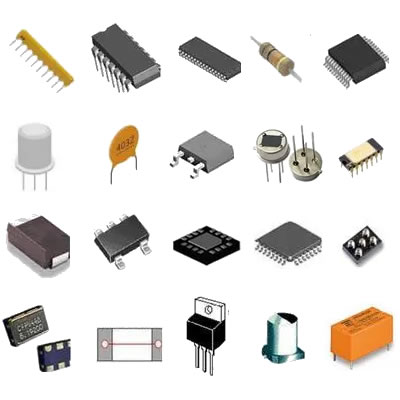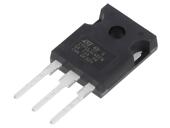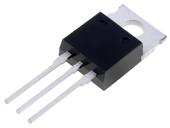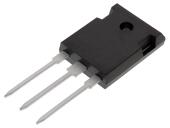What are the product standards for What is the resistor?
A resistor is a passive two-terminal electrical component that resists the flow of current. It is one of the most commonly used components in electronic circuits and is used to control the amount of current flowing through a circuit. Resistors are used for a variety of purposes, such as voltage division, current limiting, and signal conditioning.

1. IEC 60062: This standard specifies the marking codes for resistors and other passive components. It provides a standardized way to identify the resistance value, tolerance, and other key parameters of a resistor.
2. IEC 60063: This standard specifies the preferred values for resistors and other passive components. It defines a series of preferred values that are used to select the resistance values for resistors, based on a logarithmic scale.
3. IEC 60384: This standard specifies the performance requirements for fixed capacitors and resistors. It covers parameters such as temperature coefficient, voltage rating, and reliability testing.
4. MIL-PRF-55342: This standard covers the performance requirements for surface mount resistors used in military and aerospace applications. It specifies parameters such as temperature coefficient, power rating, and environmental testing.
5. JIS C 5201: This Japanese standard covers the performance requirements for fixed resistors. It specifies parameters such as resistance tolerance, temperature coefficient, and power rating.
In addition to these product standards, there are also industry standards and guidelines that govern the manufacturing and testing of resistors. These standards help to ensure that resistors are manufactured to a high level of quality and reliability. Some of the key industry standards for resistors include:
1. IPC-7351: This standard covers the design and land pattern requirements for surface mount resistors. It provides guidelines for the layout and design of circuit boards to ensure proper mounting and soldering of resistors.
2. ANSI/ESD S20.20: This standard covers the requirements for electrostatic discharge control in electronic manufacturing. It specifies procedures for handling and packaging resistors to prevent damage from electrostatic discharge.
3. ISO 9001: This standard covers the requirements for quality management systems in manufacturing. It provides guidelines for ensuring that resistors are manufactured to a high level of quality and consistency.
Overall, product standards play a crucial role in ensuring the quality and performance of resistors. By adhering to these standards, manufacturers can produce resistors that meet the needs of their customers and are safe and reliable for use in electronic circuits.












